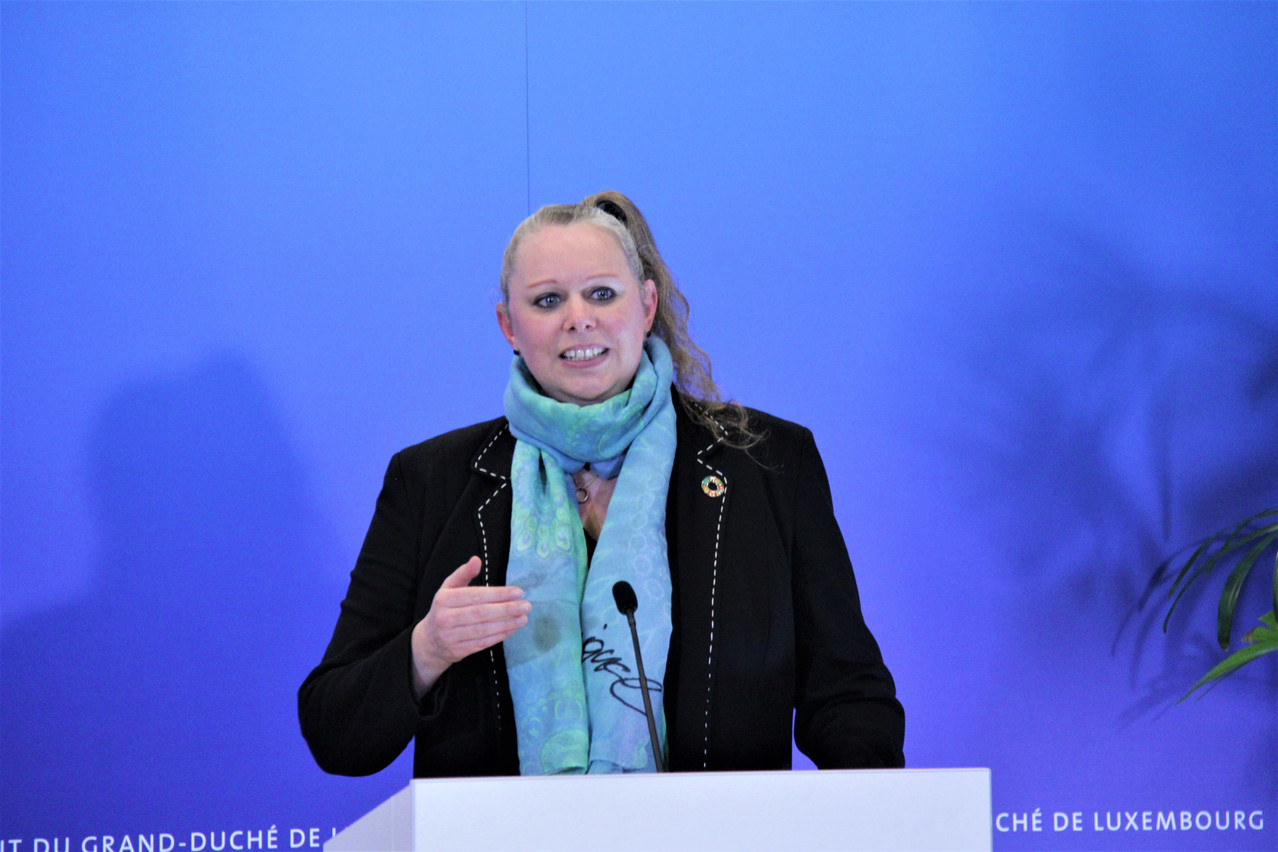At a press conference on Monday evening Dieschbourg announced that a new bill, aiming to introduce regulations for the financing of SuperDrecksKëscht (SDK) will be tabled. She had previously addressed MPs, regarding the waste recycling centre's government contract. The experts had argued that there was no legal basis for the agreement.
Insufficient legal framework
The special law will include a ceiling on public funding for SDK for the duration of the current contract between the state and service provider Oeko-Service Luxembourg (OSL) for the period between 2018 and 2028. The legal opinion of the scientific cell had recommended that changes be introduced to the existing contract.
In particular, the experts noted that the legal framework--a 2005 law--was insufficient to justify the public financing of SDK, as it did not meet the criteria for a special financing law. Such a law is required when “the contract constitutes a significant financial commitment by the state exceeding the threshold of €40m” and “the contract is a burden on the state budget for more than one financial year”.
However, the contract signed in 2018 for 11 years sets out a funding framework of €97m for private company OSL, which runs the SDK. This contract that could place OSL in a position of monopoly.
Read also
Special law
Although nothing illegal had finally been detected concerning the award of SDK's public contract, according to an audit presented last September, Dieschbourg shared the opinion of the scientific cell. Hence the adoption of a special law for OSL's contract.
However, the minister was not unanimous with regard to the length of time for which such a special law would be applicable, with the CSV deputies insisting in particular on the fact that a new public procurement procedure would have to be launched in the course of this year.
In an interview with Delano, the deputy in charge of the Committee on Budgetary Control, Diane Adehm (CSV), said that the tasks should be divided more fairly between different subcontractors. The current contract wouldn’t allow them to come together to create temporary associations to take on some of the recycling projects, she explained.
For the opposition of the chamber, “it doesn’t have to be just one firm that takes care of all these waste removal projects,” adding that “a new tender should be written, where different jobs are displayed”, allowing different subcontractors to offer their services. The current procedures should, however, not be regularised through legislation, as the opposition says that the contract at the time had not been done properly.
For Djuna Bernard (déi Gréng), the vice-president of the budgetary control committee, Dieschbourg’s reactivity following the legal opinion on the SDK contract is to be applauded. She considers the argument of the opposition to not apply to the discussion, as it tried “to create a link between two completely different discussions”.
The audit from last year had not found issues with the legal base of the issue, she explains, but its recommendations will be adopted. “The specifications of the contract were controlled by the commission,” Bernard told Delano. “On the purely legal aspect, Carole Dieschbourg acted correctly,” she concluded, adding that the commission for the environment might review the working of the contract over the next year.
Dieschbourg also added that she was open to a discussion on the management of hazardous waste in Luxembourg.
This story was first published in French on . It has been translated and edited for Delano. Delano has reached out to the committee on the Environment, Climate, Energy and Regional Planning.
